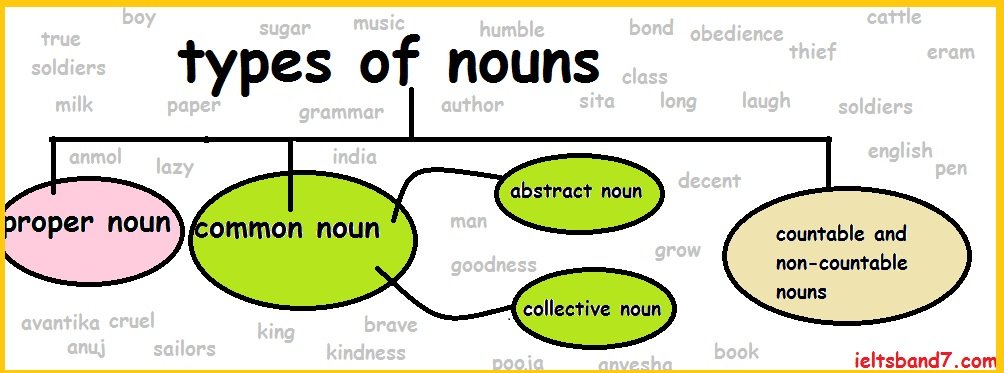How To Increase IELTS Band?
you can never win the battle, if you don’t know how to fight for it. So, is the case with getting great band in IELTS. To get a good band, the will to get it is required, but then it is equally important that you know how to exactly fight for it. Some of the things you must do while preparing for IELTS are given below-:
1.Familiarize yourself with the question types used. There are many different types of questions asked in IELTS and all of them will not come in a particular test. But knowing all the types of questions will help you to interpret the question more easily and hence save your time.
2.The next most important thing to do is manage time. During the entire IELTS test there are lot of time constraints and no matter how good you are if you don’t complete the task within a certain period of time , you are lost.
2.1 For the reading part, read short passages everyday within a time constraint. You may not understand it in the first go, but surely you will learn how to skim a text and grasp the important points. When you read it the next time, try to notice the more intricate details.
2.2 For the writing part, write about different topics every day, may be just for five minutes. the point here is not to write accurate things, but to be pen down your ideas.
3. Always read the test question carefully. No matter how many times you have practiced the questions, when giving the real test, go through the question with full concentration.
With the right armor, even the toughest of the battles can be won.
To know more about how to increase IELTS band, please call us.
323,GMS Road, Above Axis Bank,
Near Ballupur Chowk,Dehradun.
Call Now-: 08439000086, 08439000087

